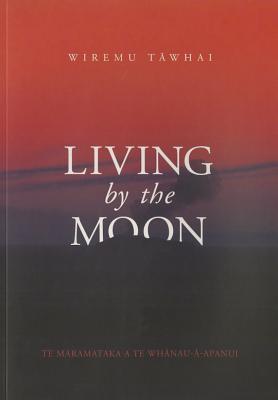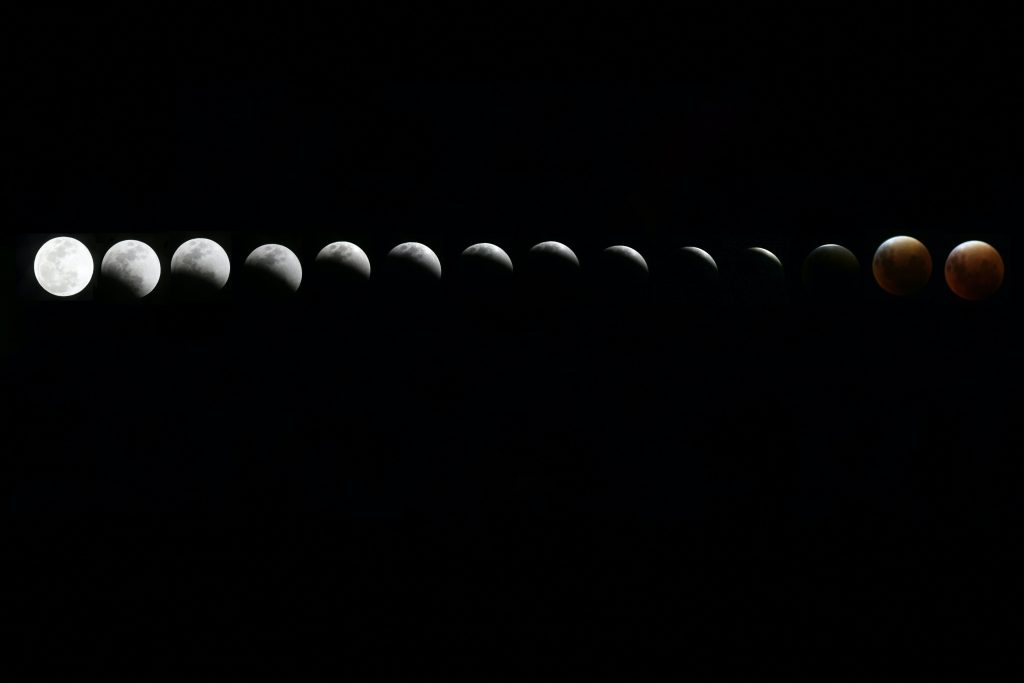author
Jacques Lawinski
post
- 02/01/2023
- No Comments
- Reviews
share
LIVING BY THE MOON: TE MARAMATAKA A TE WHĀNAU-Ā-APANUI by Wiremu Tāwhai
Huia Publishers, first published in 2015.
A beautiful bilingual work in both Te Reo Māori and English, this is the guide to maramataka for anyone interested in learning more about te ao Māori.

Wiremu Tāwhai’s final work before his death in 2010, this small but powerful book covers his iwi’s (tribe’s) traditional knowledge about the moon cycles, maramataka. In te ao Māori (the Māori world), the moon is the natural force which was tracked in order to locate the people in time (seasons, months, etc.), but also the force which determined what the conditions for life would be like in the coming month, such as the gardening conditions, fishing conditions, and eeling opportunities. The moon also played a role in emotions and relationships. It is thus that Māori saw that there was a ‘right time’ to do each thing, according to the phases of the moon.
Each time we see the moon – every night – we enter into a different phase. The phases have either high, low, or neutral energy, and then have different corresponding behaviours for the ocean, the people, the gardens, and the animals. Tāwhai talks to kaumātua of his tribe, and to many others around the country, to assemble as much dispersed knowledge as he can about each phase, in order to write a couple of pages for each day of the lunar cycle. We learn about gardening conditions such as when it’s a good time to plant, or to weed, as well as fishing and eeling conditions (including what the fish will be like if we try to catch them on a particular day).
I started reading the book in the Tamatea phase, where the ocean is churning itself up, renewal is on the horizon, and swimming and fishing exploits should be avoided. I found myself looking at the ocean each day as I went past, remarking that yes, in fact, it was quite rough, and it had indeed settled down after the Tamatea period finished. As someone who grew up within the Western knowledge systems, the need to verify what we learn is a necessary habit. Tāwhai knows this, and emphasises the fact that this knowledge is not unchanging; rather, each generation will test it and add to it, developing and modifying the nature of each cycle according to their own conditions. This is a practical and action-based guide to a knowledge system developed and refined over hundreds of years of living in Aotearoa.
Tāwhai has written a beautiful introduction to the book, showing how the knowledge is grounded in tradition, and introducing us the hands who hold this knowledge, and how it is transmitted between people. We learn about the risks of this knowledge disappearing, and the motivations behind writing this book.
A fascinating read for anyone who thinks they have a close relationship with ‘nature’. You might just learn a little more about how this ‘nature’ influences you, and how you can better organise your life according to these moon cycles. Weeds won’t grow back after a few hours, and kumara will be plentiful!
Living by the Moon: Te Maramataka a te Whānau-ā-Apanui by Wiremu Tāwhai is available from Paper Plus NZ here. Otherwise, check out your local bookshop to see if they have it in stock or can order it in for you.

It took more than 30 hours of research and writing to produce this article, which will always be open and free for everyone to read, without any advertising.
All our articles are freely accessible because we believe that everyone needs to be able to access to a source of coherent and easy to understand information on the ecological crisis. This challenge that confronts us all will only be properly addressed when we understand what the problems are and where they come from.
If you've learned something today, please consider donating, to help us produce more great articles and share this knowledge with a wider audience.
Why plurality.eco?
Our environment is more than a resource to be exploited. Human beings are not the ‘masters of nature,’ and cannot think they are managers of everything around them. Plurality is about finding a wealth of ideas to help us cope with the ecological crisis which we have to confront now, and in the coming decades. We all need to understand what is at stake, and create new ways of being in the world, new dreams for ourselves, that recognise this uncertain future.
Copyright © Plurality.eco 2023

